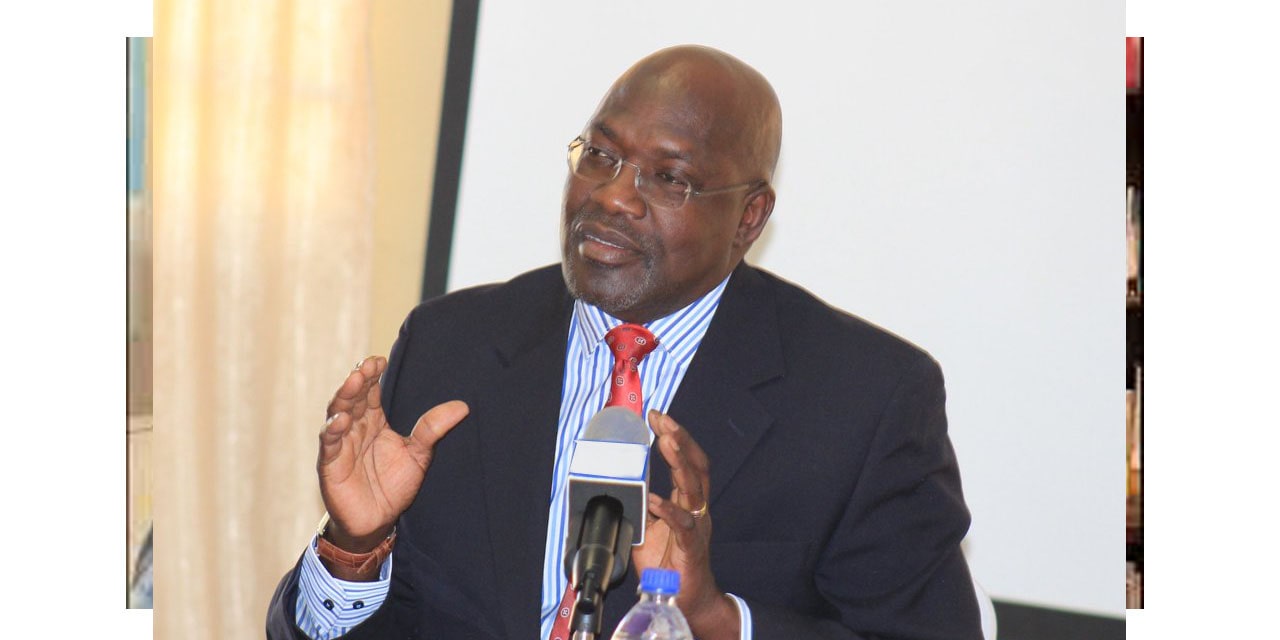Hertta-Maria Amutenja
In a positive development for Namibia’s natural resources sector, the Parliamentary Standing Committees on Natural Resources and Economic and Public Administration embarked on a fact-finding mission in the Leonardville area of the Omaheke Region last week.
The focal point of their visit was the uranium exploration operations of Uranium One Group, a Russian mining company with plans to extract uranium in Namibia.
The visit came in response to an invitation from Uranium One to demonstrate the safety and adherence to regulations of their extraction methods in the area.
Despite investing approximately N$850 million in the exploration process, the company’s activities have been suspended for nearly a year due to the absence of necessary drilling permits.
The core of the controversy revolves around the proposed extraction method, known as in-situ recovery (ISR) or solution mining, which has raised concerns among the local community.
ISR involves the recovery of minerals like copper and uranium through boreholes drilled into a deposit.
Aldo Hengari, the Director of Operations at Uranium One, presented the company’s initial exploration and mining developmental plan during discussions with the Parliamentarians.
He emphasised that the ISR mining method is not only economically viable but also environmentally friendly when compared to conventional mining practices.
The residents of Leonardville had mixed opinions during their interactions with the Parliamentary Committee.
Some expressed strong support for uranium exploration and mining, highlighting the potential for increased local job opportunities and economic activities. However, several locals and farmers voiced concerns about potential water contamination and its impact on the environment.
Tjekero Tweya, the Chairperson of the Parliamentary Standing Committee on Natural Resources, reassured both residents and Uranium One for feedback on the issue.
He stated that the committees would compile a comprehensive report on the matter, which would then be tabled and discussed in the National Assembly to determine the appropriate course of action.
These two committees hold the mandate to monitor, inquire into and provide recommendations to the National Assembly on issues that may directly or indirectly affect the economy, natural resources and public administration of the country and its people.
As the nation eagerly anticipates the outcome of this investigation, the debate surrounding the future of uranium exploration in Leonardville continues to intensify, with profound implications for Namibia’s environment and economy.




